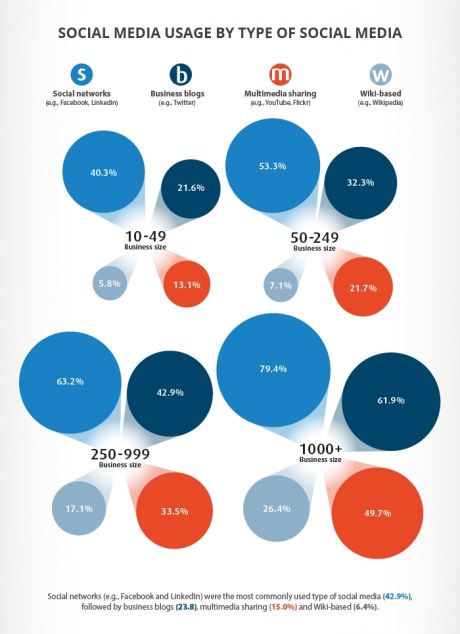Running a large multinational business requires rapid access to many
types of ever-changing information. However, convenient tools allowing
such access do not yet exist, meaning business actions take longer than
they otherwise might.
The EU-funded
FLEXINET (Intelligent systems configuration services for flexible dynamic global production networks) project aims to provide such tools. The set will involve intelligent network configuration design services able to improve the design and reconfiguration of production networks. Other tools will enable hypothetical comparison of costs, risks and compliance requirements for alternative production network design. The guiding concept is that one can quickly obtain all necessary information to begin work on a new initiative.
To achieve its goals, the project has set five specific objectives relating to gathering information necessary to design and apply such tools. The 14-member consortium will operate for 3 years to mid-2016.
During the first reporting period the project built an understanding of how to develop its services to support user needs. Hence, the team produced three process models and use-case scenarios, for each of three companies.
Developments further include a conceptual model, consisting of six main components: business environment, domain, risk, value creation, value and financial. The team produced a business rule book intended to guide business processes.
Additional outcomes include definition of a model for strategic risk assessment of global production networks. The model considers dynamics and resilience of networks, allowing users to define risk scenarios and estimate losses for those scenarios.
The team described a methodology for establishing tactical business models. Results describe how to accelerate the start-up of new business models, also providing a basis for analysis and assessment of the models. Additional outcomes are a defined reference ontology, whereby each of five levels draws from information in the above level and utilises it more specifically below.
Applications to be supported by FLEXINET have been defined. Lastly, an approach to future testing and validation has been agreed.
The FLEXINET consortium will produce tools allowing businesses to rapidly obtain information necessary for starting a new multinational venture. Such tools are expected to translate to considerable cost savings for users and improved business performance.

